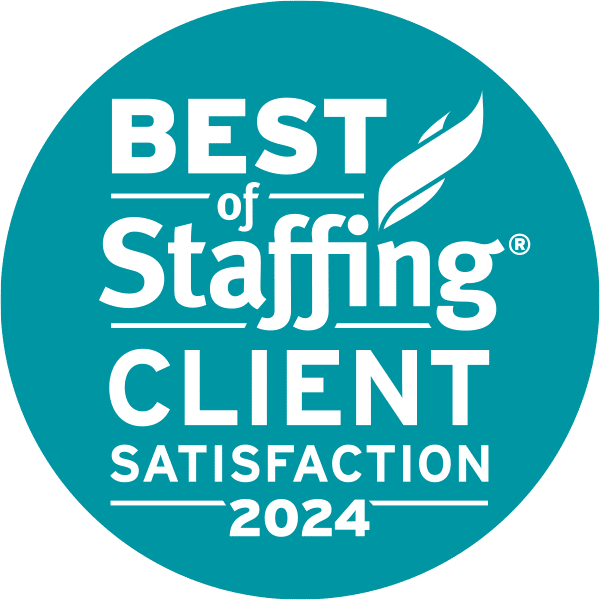For the first time in 25 years, the Occupational Safety and Health Administration (OSHA) is increasing its civil penalties. The Bipartisan Budget Act of 2015, signed by President Obama on November 2, 2015, contains a provision requiring OSHA to significantly raise its monetary fines for violating its health and safety regulations.
Here’s what you need to know about the provision:
- OSHA issued a “catch up adjustment” which goes into effect August 1, 2016.
- While the exact amount of the “catch up adjustment” remains unknown, it will likely result in a penalty increase of approximately 80%.
- This means that the current $7,000 fine cap on serious violations could increase to $12,600. Similarly, willful violations could jump from a maximum of $70,000 to $126,000.
- Subsequent annual adjustments will follow, based on the Consumer Price Index.
- Employers will have to monitor OSHA’s fines every January 15 to find out if fines have been increased – and if so, by how much.
Although OSHA is not required to implement the full penalty increase, it likely will. Last year, Dr. David Michaels, the Assistant Secretary of Labor for OSHA, told a House subcommittee that the low level of civil penalties was the most serious obstacle to enforcing OSHA’s regulations.
Is Your Middle Tennessee Business Prepared?
To avoid costly OSHA finds, take the following common-sense precautions:
- Review your safety programs and documentation to make sure that everything is comprehensive and up-to-date.
- Provide every employee with necessary safety training. Furthermore, ensure that they understand the training they’ve received and that you’ve properly documented all training.
- Provide required personal protective equipment (PPE), making sure that it’s in good working order and fits wearers properly.
- Assess your workplace for potential hazards and immediately address any that you identify.
- Maintain an open line of communication. Speak regularly with employees or union representatives about their safety concerns – and address legitimate issues as quickly as possible.
Protect Temporary Workers.
According to Dr. Michaels, “Host employers need to treat temporary workers as they treat existing employees. Temporary staffing agencies and host employers share control over the employee, and are therefore jointly responsible for temp employee’s safety and health. It is essential that both employers comply with all relevant OSHA requirements.”
OSHA recommends that your temporary staffing agency and you set out your respective OSHA compliance responsibilities in your contract. This will help prevent confusion and increase compliance. Visit OSHA’s dedicated page for more information on how to keep temporary workers safe on the job. Or, simply contact our Murfreesboro employment agency or your local Wood Personnel office.



